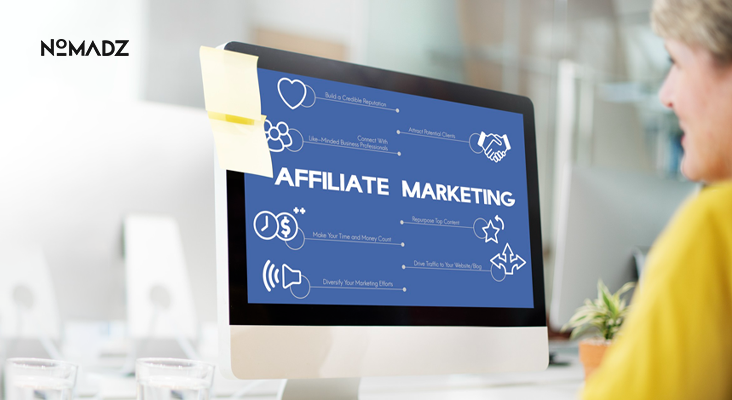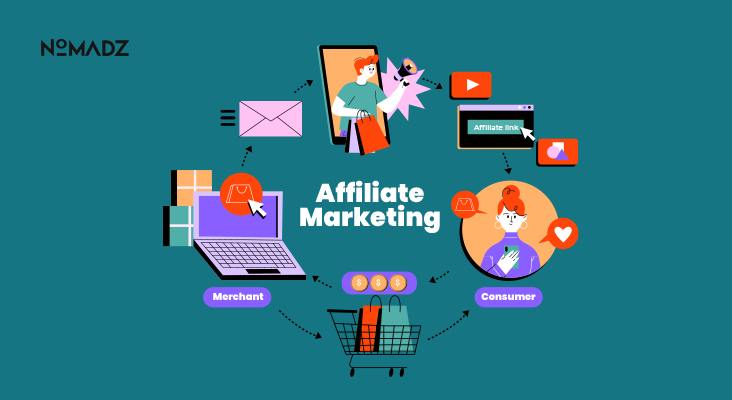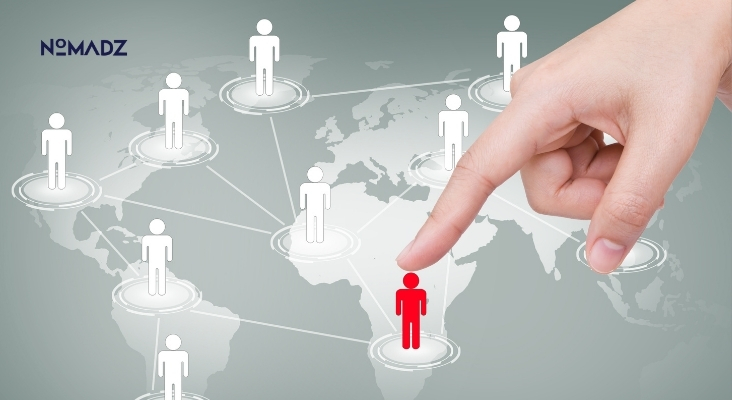How Marketing Technology is Shaping the Future of Digital Strategies in 2025?
It’s 2025, and marketing technology is transforming the way brands connect, engage and convert. No longer auxiliary systems, next-generation tools are the foundation of strategy at top marketing technology agencies. The stakes have never been higher, and the potential is transformative, ranging from AI-driven analytics to predictive personalization.
The Rise of Martech Platforms in Strategy
In the last couple of years, major brands have moved away from siloed campaigns to cohesive martech tool environments. By the end of 2025, the best markets will be using systems that combine audience targeting, data, creative development and real-time analysis all in one window.
This is a thing that improves operational efficiency while also improving the adaptability of campaigns, as teams can pivot on signals stemming from first-party data or changes in client behavior in real time. For example, an international CPG company used a linked MTEC platform and brought CDP and automation.
This was reduced by 40% at regular intervals to decrease the market, leading to personal promotion at 70% of the loyalty community within 2 hours after the store visit. Such responsibility is in line with the consumer approach that is affected by rapid satisfaction in commercial ecosystems.
How AI and Automation Redefine Tech Marketing?
Artificial intelligence now powers nearly every technology marketing solution. Today, AI is fast becoming a must; once upon a time, it was only in experimental stages. Advertisers are expected to scale campaigns in 2025 using algorithms that dynamically adjust bidding, creative versioning, and channel mixing.
These adjustments will occur in real time based on performance signals. For example, an AI-driven financial services brand bidding on its marketing technology agency saw a 25% improvement in CPA efficiency, reaching high-value audiences with personalized messaging just minutes after interaction.
That speed and agility are all the difference in today’s performance marketing.
The New MarTech Frontier
Outside the ad tech and CRM stacks, new channels like voice search, augmented reality (AR) and the Internet of Things (IoT) are now pivotal nodes in the tech landscape. Brands that have invested in voice-friendly content and AR-activated shopping experiences are earning an early-mover advantage.
A shoe store launched an AR-powered “try-on mirror” driven by its tech marketing roadmap. Customers at brick-and-mortar locations were able to see sneakers in alternative color options virtually through touchscreen kiosks, and conversions increased 15%.
These examples illustrate that martech’s possibilities aren’t limited to the screen; it’s entering spaces where people live and shop.
Martech Tools Driving Data‑Driven Actions
Let’s dissect how martech tools are driving insight and action deeper:
- Customer Data Platforms (CDPs) – Harmonize different data sources into a single customer vision with customer data platforms.
- Predictive Analytics Engines – Using machine learning, forecast lifetime value and churn risk with predictive analytics engines.
- Conversational AI and Chatbots – 24/7 enables qualifying through interactive trade and interactive AI and Chatbots.
- Coordinate Complete – Material trigger and drip email operations using marketing automation system.
Together, these technology solutions create an end-to-end technology marketing solution that enables revenue operations teams. Top SaaS businesses utilizing CDP-powered models have boosted subscription revenue 30% year‑over‑year while minimizing ad waste.
Marketing Technology Agency Partnerships
Martech ecosystems are too complex for in-house teams to handle. That’s why top organizations are now collaborating with expert marketing technology agencies to design, implement, and refine their stacks. These agencies have extensive technical expertise, vendor-agnostic analysis, and integration best practices.
Consider an inspiring example: a multinational company that collaborated with a martech agency introduced a single layer of analytics for all its digital ads, CRM, and retail POS, making closed-loop attribution possible. Through this, they lowered media overexpenditure by 20% and raised return on ad spend by 15%.
Tailoring Strategies in a Dynamic Marketing Technology
The tech market is constantly changing, new players crop up, consolidation occurs and consumer privacy norms change. Marketers need to stay strategically agile. That involves embracing a modular system, using API-first platforms and remaining privacy-focused.
For example, brands migrating to cookieless models of targeting through contextual ads and clean-room identity solutions drive performance without trading off consumer trust. Visionary marketers recognize that such resilience in this tech marketing age involves being able to adapt to vendor changes, legislative developments, or consumer sentiment fluctuations.
Real-Time Marketing and Agile
Agility matters, and that’s one of the biggest benefits delivered by strong martech ecosystems. In 2025, real-time campaigns from live audience signals are business as usual. Brands now activate tailored offers in seconds when consumers exhibit intent through browsing a product, a store visit, or cart abandonment.
A high‑end travel agency established geo‑fenced messaging driven by its marketing tech stack. When travelers entered an airport lounge, they were offered personalized upgrade deals via push notification. This promotion achieved a 10% incremental sales boost, demonstrating that responsiveness in real time is worthwhile.
Key Metrics Measurement with Martech Platforms in Marketing Technology
With this era, leading marketers pose harder questions and demand measurable outcomes:
- Attribution Accuracy – Multi-touch journeys and incrementality.
- Customer Lifetime Value (CLV) – Recurring interactions lead the charge.
- Time-to-Value – Speed of development from idea to personalization.
New platforms incorporate dashboards that combine money and engagement metrics within a single location. One B2B SaaS company used the feature to accelerate its quarter-end forecast cycle by 50%, updating pipeline status continuously based on customer activity.
Respect for Privacy, Identity and Responsible Marketing
There are some hefty expectations for respect if cookies are gone, matched by identity resolutions in strength and reliability. This is why 2025 technology marketing solutions rely heavily on privacy-first identity architectures, zero-party data, and consent orchestration.
Numerous companies currently employ permissioned data models where consumers opt in explicitly and then are rewarded with tailored experiences. Such a mutual-exchange model fosters trust and boosts long-term engagement, and that’s precisely what the next-gen martech solutions enable.
Preparing for Tomorrow: What Top Marketers Need to Do?
Audit your stack every year – End-of-life features, new arrivals, duplicated capabilities.
- Adopt an API-first approach – Future-proofing and flexibility in modular architecture.
- Upskill Internally – AI interpretation, data governance and orchestration.
- Partner Selectively – Select marketing technology agencies with tangible outcomes.
Prioritize privacy by ensuring identity, consent and ethical targeting. Marketers can maintain a competitive advantage by taking active steps to keep their technical marketing strategy beyond disruptions.
Conclusion
Marketing technology will become a requirement in 2025. It is an engine for expansion, efficiency and strategy. Digital frontier will belong to those who control platforms, AI-controlled equipment and privacy-centered identification models. Smart technology is running the future, which has already arrived.
FAQs
Q. What is marketing technology?
Software and tools used by marketers to more effectively design, carry out and evaluate campaigns are known as marketing technology.
Q. What is an example of MarTech?
Customer Data Platform (CDP) is an example of MarTech that brings together customer data for one-to-one marketing.
Q. Which 7 marketing technologies every firm should use?
CRM, CDP, marketing automation, content management, conversational AI, ad-tech and analytics.
Q. Which technological categories are used in marketing?
Among a few of these are Marketo, Adobe Experience Cloud, Salesforce, HubSpot, and Google Analytics 4.
Q. Which are some well-known marketing technology solutions?
Mailchimp, Segment, Tableau, Hootsuite, and Drift are among the often-used MarTech stack tools.









Leave feedback about this